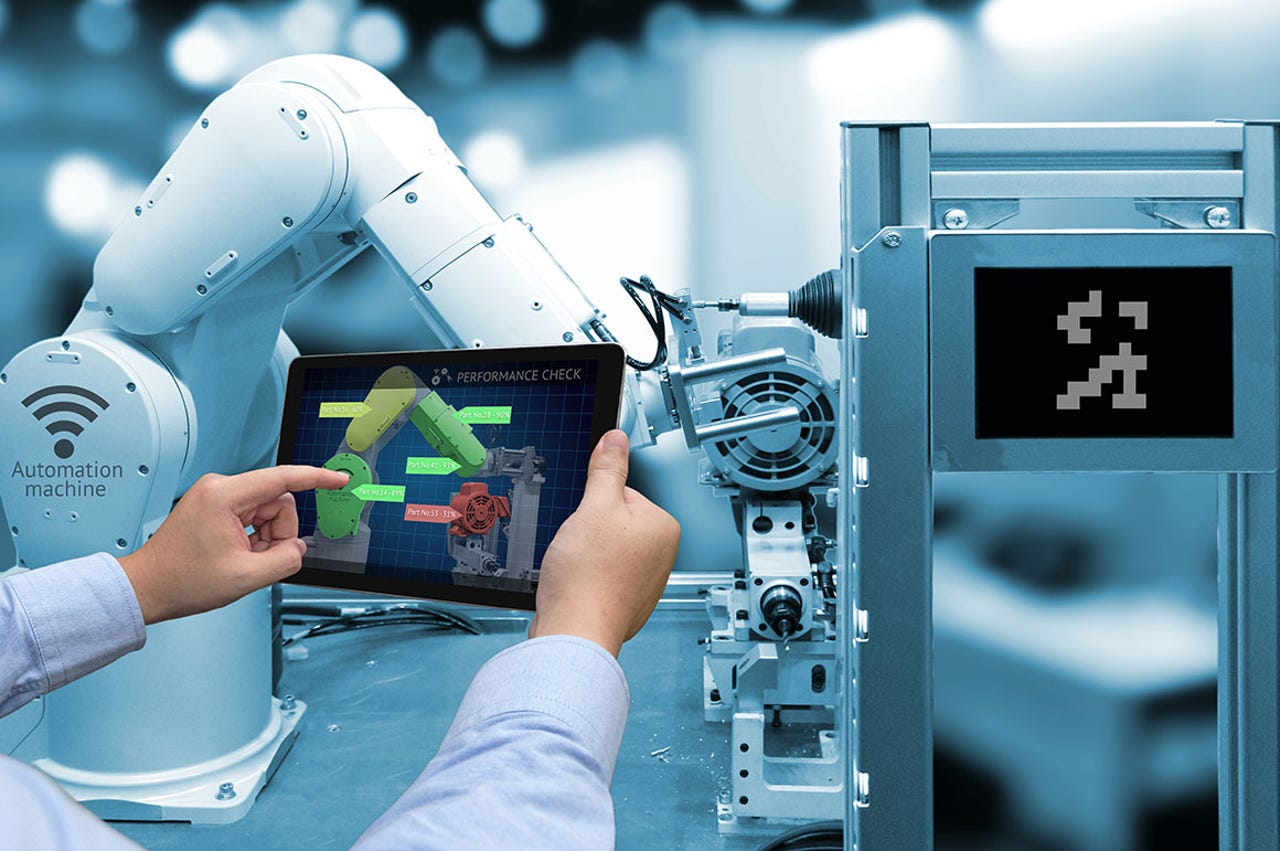Workers don't fear automation (because they don't understand it)


A new survey suggests workers may not be as concerned about automation as they should be.
The ZDNet crowd will be hip to the perils and opportunities of automation -- a blanket term for everything from robots that go beep-boop-bop to process automation and the growing AI toolkit available to enterprise customers.
If the comments section is any indicator, readers have strong feelings about the topic.
ZipRecruiter, an online employment marketplace, recently contracted Harris Poll to conduct a survey of 1000 U.S. job seekers.
"ZipRecruiter's nationwide data shows 60% of job seekers believe fears around robots taking away jobs are overhyped while 2 in 5 employed job seekers (41%) believe their current job will be automated within their lifetime."
That's a stark contrast to a number of recent reports touting the growing likelihood of massive job displacement due to automation. A recent McKinsey & Co. report concludes that 800 million jobs could be lost to automation globally by 2030, including between 39 and 73 million in the U.S., perhaps as much as a third of the workforce.
A report released around the same time by Redwood Software and Sapio Research found that 60 percent of businesses will be impacted in some way by automation by 2022.
It's wise to take all such findings with a grain of salt. There's been wide discrepancy in the level of alarmism, in large part because predicting how paradigm-shifting technology will affect the future is at best a guessing game. Even the McKinsey report makes it clear that technology will open up new opportunities even as it replaces old ones.
But it's interesting that with so many alarms being raised, those surveyed don't seem as worried about automation as many in the tech sector.
Interestingly, while not fearing automation per se, the majority of job seekers reported drawbacks to innovation. To me, that suggests the lack of fear around automation doesn't stem from an inherent faith in technology:
- 4 in 5 job seekers agree that the current technology boom has left certain people (84%) and cities (78%) behind.
- Half of job seekers (50%) say the introduction of the Internet has generally done more harm than good. Employed job seekers are more likely to agree with this sentiment than unemployed job seekers (53% employed vs. 40% unemployed).
- 2 in 5 job seekers (44%) believe there is no such thing as a bad technological advancement.
With respect to automation, the authors of the report conclude that workers may not be up to speed on the monumental shifts underway. "Job seekers don't fully understand automation and the risks that accompany it," according to a ZipRecruiter spokesperson:
- While most job seekers have heard of the term "job automation" (77%), less than 1 in 3 (30%) have an actual understanding of the term saying they are very familiar with it.
The implication isn't great. Regardless of how large the impact of automation will be on specific industries, there's little question upheaval is coming. Those who prepare by attempting to understand how technology will affect their industry and career will best be able to handle it.
Unfortunately, according to this survey, a whole bunch of people stand to be blindsided.